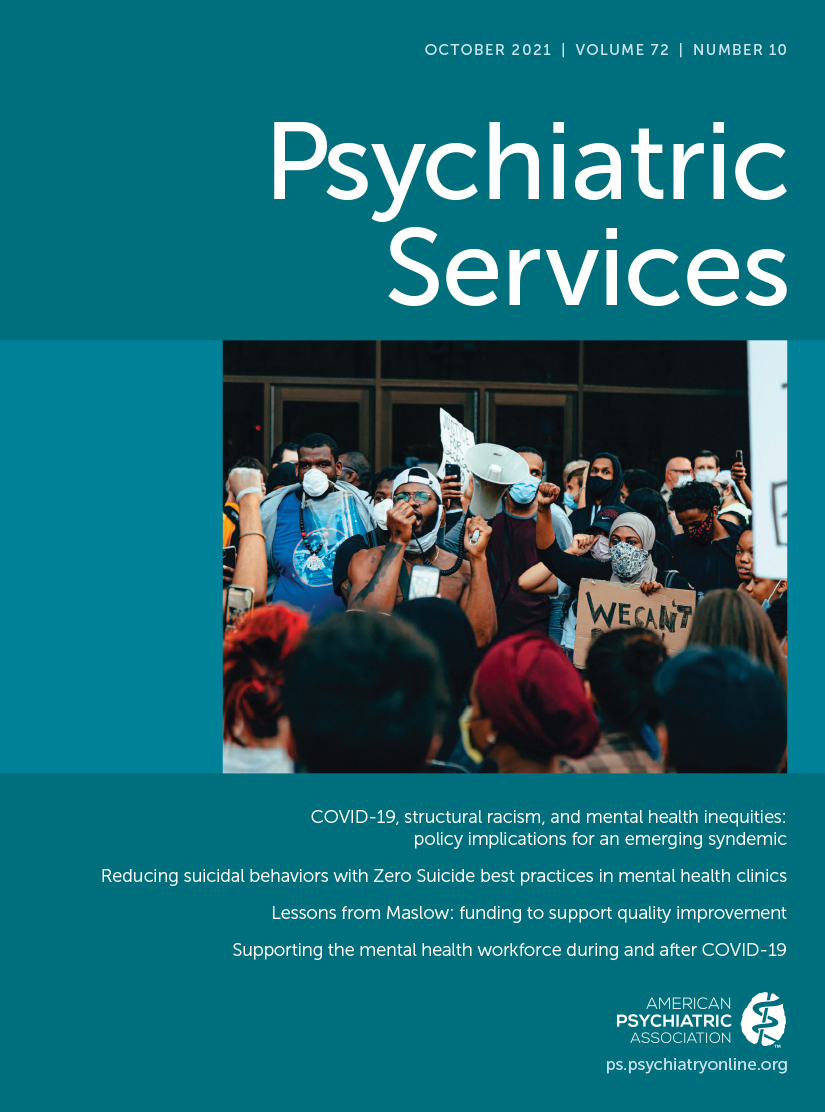Litigation Over Sleep Deprivation in U.S. Jails and Prisons
Abstract
Incarceration can disrupt healthy sleep, and insomnia is associated with psychiatric symptoms and poor general medical health among incarcerated people. In recent years, considerable litigation has arisen over sleep deprivation in U.S. jails and prisons. This column examines litigation over conditions of incarceration, such as noise, inadequate bedding, constant illumination, medication restrictions, and early wake-up times, that may affect sleep duration and quality. The potential adverse effects of inadequate sleep on incarcerated individuals, as well as associated litigation, suggest the need for policies that reduce unnecessary sleep deprivation and promote healthy sleep in correctional facilities.



